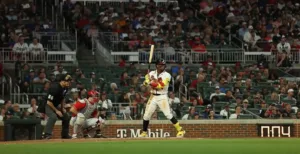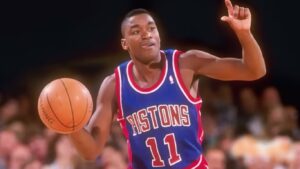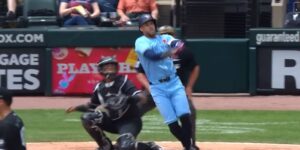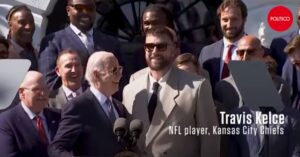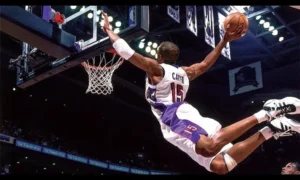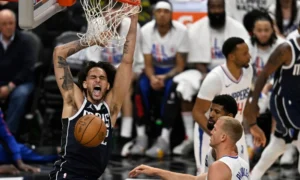Why MLB Offseason Severely Requires A Pitch Clock?
Pitch clocks allowed baseball to salvage their season. It now needs to translate that idea to the languid off-season.
You’d never know that free agency began last week. MLB, Baseball is happy to peep its head out the door in a bathrobe before drawing the blinds and getting back into bed, whereas the NBA and NFL start player movement with feeding frenzy that requires blanket covers.
Not too bright to see that the winter needs a comparable increase, especially considering the excitement deadlines create between pitches these days. A signing deadline for MLB offseason contracts has long been a dream of former Red Sox president Dave Dombrowski. Given the likelihood of even less activity than normal this winter, maybe MLB will finally get around to implementing one.
Shohei Ohtani is the rock that destroys all others, and we may thank him for it. Those who are willing to invest a half a billion dollars must have a sound financial position in case the two-way star decides to sign the biggest deal in pro sports history.
Though there are many arguments to be cautious, such as Ohtani’s expressed desire to play for a winning team, his apparent preference to remain on the West Coast, and John Henry’s alleged unwillingness to spend, the Red Sox are apparently among his suitors.
A perfect world would see Ohtani sign by the winter meetings in Nashville the following month, allowing the remainder of the offseason to go on. Even if the patterns have been established, it’s doubtful that this would create a sudden surge in activity.
For fear of establishing or overshooting the market, teams are reluctant to recruit new players. Additionally, gamers pause out of fear that they’ll forfeit money. A group of Brooks Brothers bros, despite their theatrical acrobatics, are unable to locate a dance partner, resulting in a situation straight out of the old Saturday Night Live “Night at the Roxbury” spoof.
This is an issue as it means that you have to market your league all year round. The reason the NFL extended the duration of the draft to over a week is because they built a whole network just for this goal, turning the Combine into an event meant for television.
However, the NBA has perfected the craft of creating hype over the summer. All of the superstars that switch teams—LeBron James, Kevin Durant, Damian Lillard, and others—become iconic moments that you have to be there to witness.
While the Patriots are cruising to their second Super Bowl, it has been 20 years since the Winter of A-Rod made the Red Sox and Yankees the talk of Boston.
In the subsequent ten years, real estate brokers such as Scott Boras realized that their customers might increase their earnings by delaying action. When the two big-name free agents prolonged their choices into spring training in 2019 that was definitely the lowest moment.
Last but not least, Bryce Harper signed with the Phillies on March 2 and Manny Machado signed with the Padres on February 21. We don’t care where you go, just sign and put us out of our agony. Pursuits that should have been thrilling and intriguing instead turned into attrition fights worthy of The Revenant.
Xander Bogaerts defected for $280 million from the Padres, the Phillies inked a big-money contract with Trea Turner, and Justin Verlander (temporarily) left the Astros for the Mets. The real reason for the frenzy of action during the winter meetings was the last off-season’s relatively ordered unfolding.
After many weeks, the Yankees secured an agreement from Aaron Judge worth $360 million, and there’s no reason why the remaining offseason couldn’t have been completed by the start of the New Year.
As an alternative, the Red Sox continued to add regular players in January, such as Adam Duvall, Corey Kluber, and Justin Turner. Once more, this was a good year. Other previous All-Stars who delayed signing until 2023 were Craig Kimbrel, Aroldis Chapman, Evan Longoria, and Andrew Benintendi.
Something as simple as a deadline has the power to turn three months of anticipation into one thrilling month. Taking a cue from the NFL and NBA, baseball should wait until the month or so before announcing free agency, instead of launching it five days after the World Series. Otherwise, the only option available to us is hurry up and wait—a notion that the game has, somewhat belatedly, stopped implementing.
Game lengths increased, attendance increased, and the sport’s significance increased as a direct result of the on-field improvements. Making sure that momentum is maintained over the summer should be the next move.

